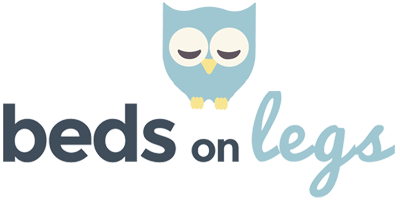This is a great item and price. Very happy with my purcahse.
Nice comfy mattress so pleased we bought this only trouble is i don't want to get out of bed in the morning.
This is our 6th bed from this company.. service and speedy delivery.
Have passed them on to friends whoo rate the beds too!
Perfect base for our new Giltedge Backcare 2000 mattress and easy to assemble.





